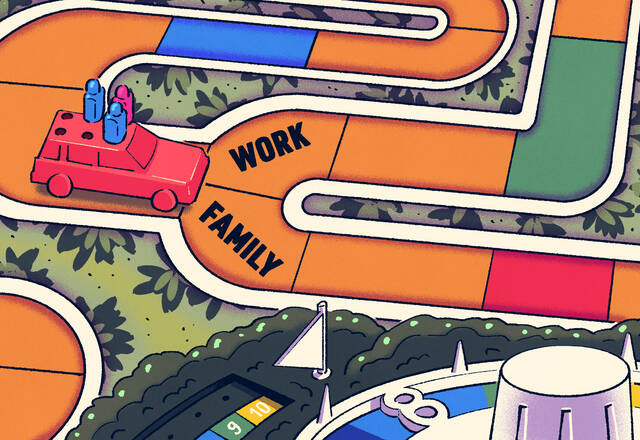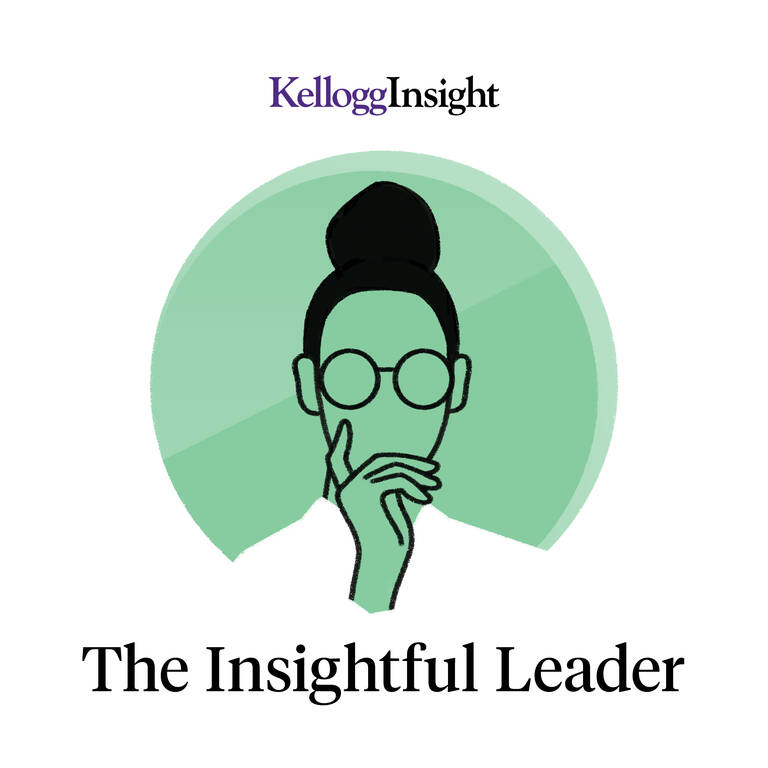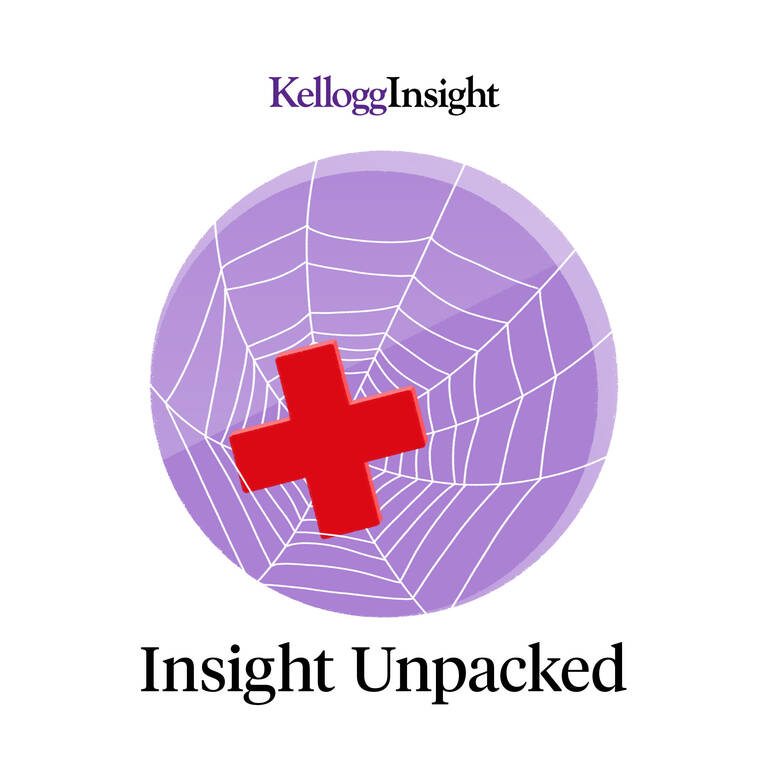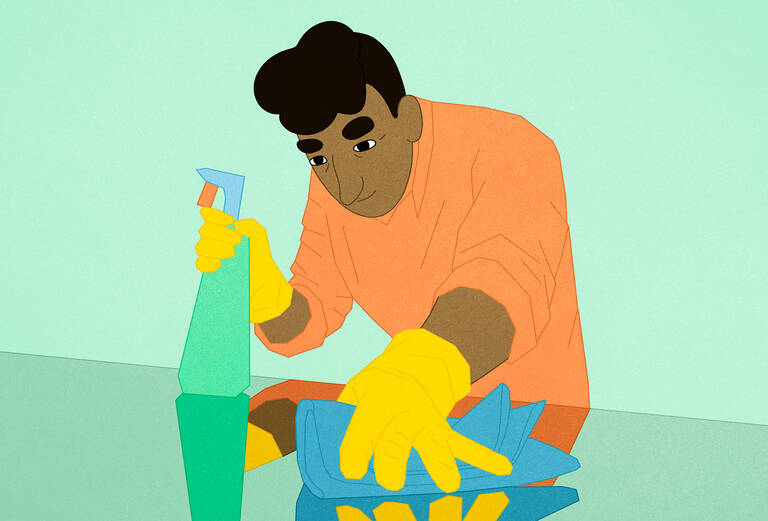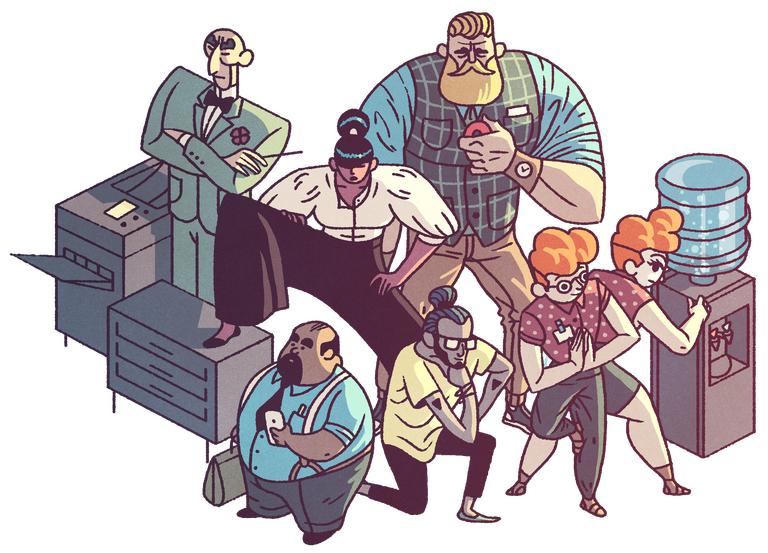
A study of armed conflict in the post–World War II era finds that no matter the outcome on the battlefield, economies suffer on all sides.
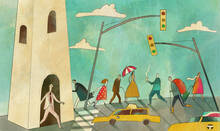
It’s more than just being logical and analytical, research shows. But misperceptions can affect how people are treated and how much they are paid.
A new study of smartphone habits reveals that, in the runup to the 2024 U.S. presidential election, political content was mostly an afterthought.
The people you meet over your career can be an invaluable resource for discovering what you needed to know.

Whoever inherits the role must strike a balance between remaining true to the founder’s vision and not getting stuck in the past.
Whether you’re considering a job change or looking for a hot streak, research and insights from Kellogg faculty can help.
A new game helps people find common ground on divisive issues. But you don’t need to play to practice its principles.
Scientists who receive the Nobel Prize and other accolades do more-novel work both before and after winning, new research finds.
Whether they are selling your data or selling you the product, companies have to wrestle with competition and privacy concerns.

Conventional wisdom says that minority-owned branding limits your audience. That’s not the case for cannabis and psychedelics.
It’s the hot new C-suite role, but not every business needs the same strategy.
Four tips from a CEO to get out of your comfort zone and help your company fly.

Though both Republicans and Democrats have historically supported federal funding of research, one party has spent more.
Research and insights from Kellogg faculty show that our financial decisions can have ripple effects.
Affordability and rent-vs-buy tools are easy to use but can be misleading. Here’s a holistic approach to making your decision.
Boards need to view potential CEO successors as a priority and offer them opportunities for substantial board interaction.
Despite making commitments to cut emissions, many companies are acting in the short term and underfunding projects.
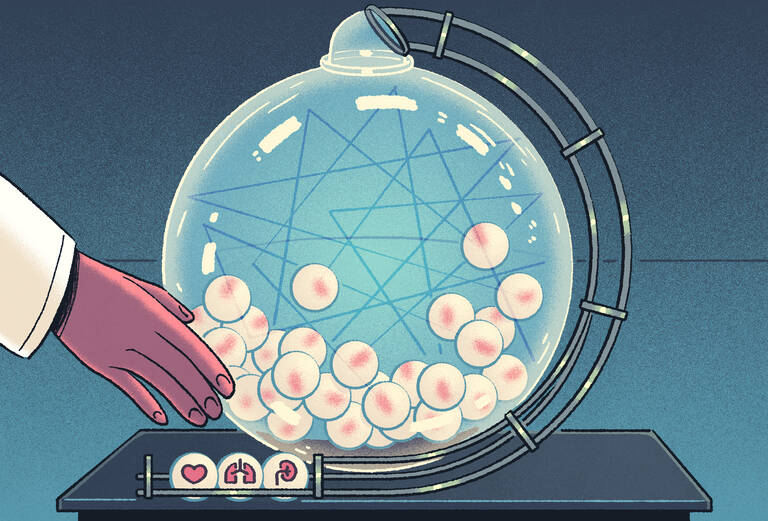
Can introducing a lottery for organ transplants discourage line jumpers and give everyone a better chance?
Kellogg researchers partnered with UNICEF on target product profiles for newborn medical devices for low-resource settings.
When people hear a problem is widespread, they are less likely to consider it serious—and less inclined to act.


